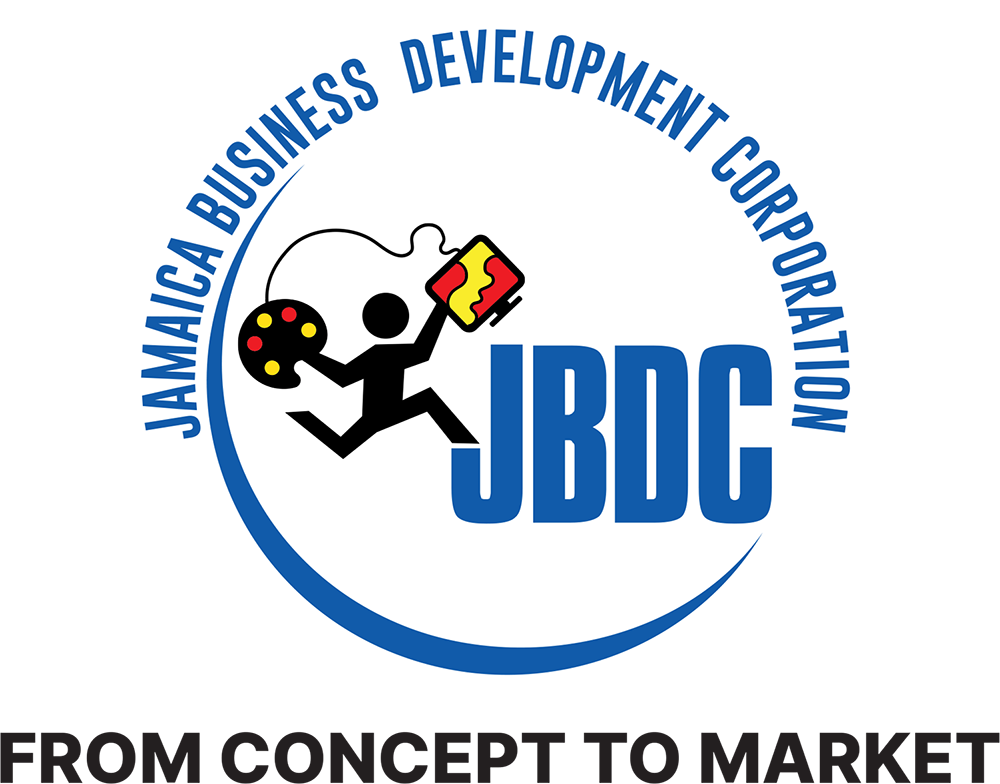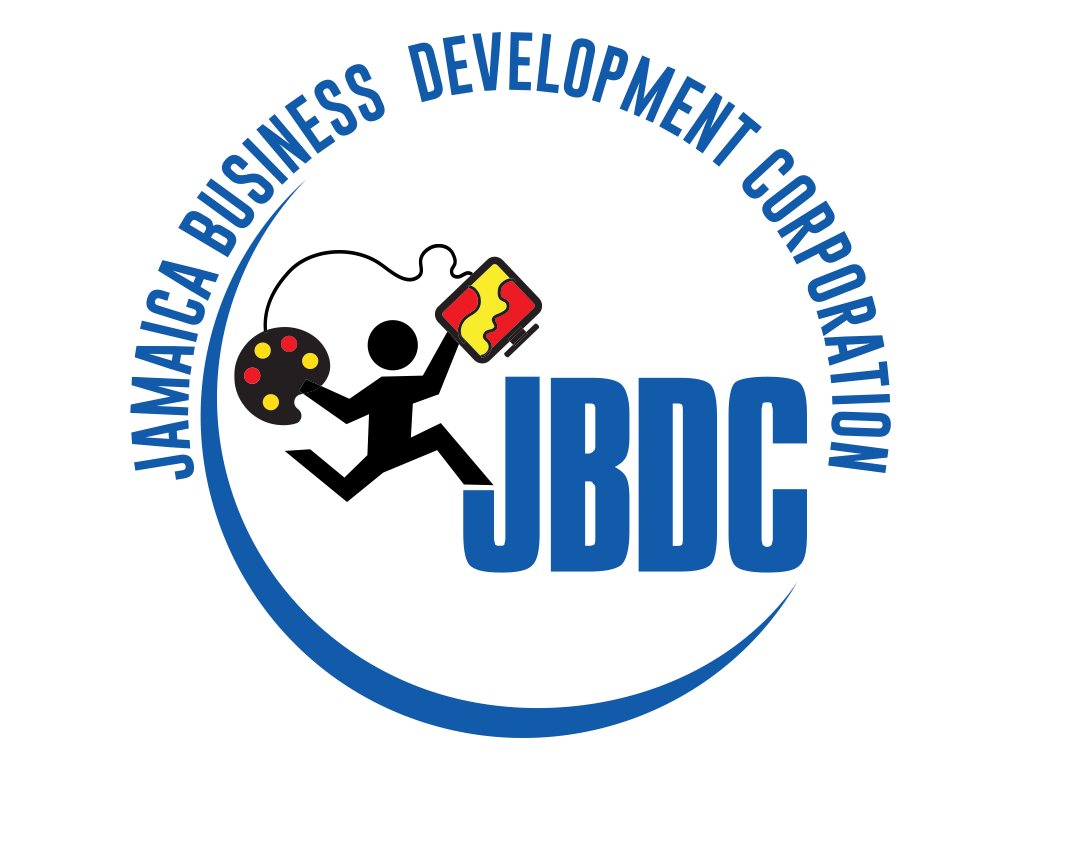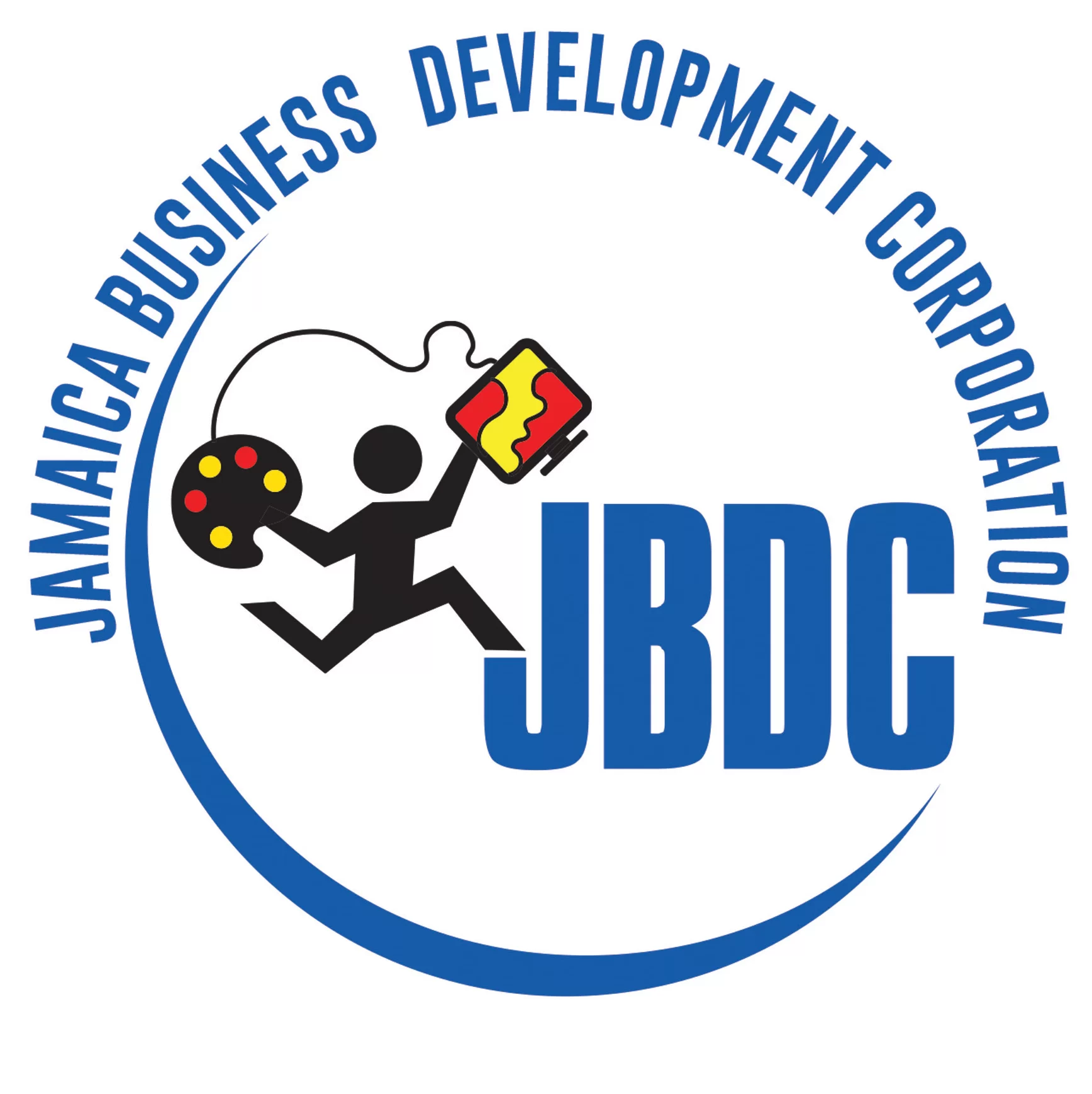Micro, Small and Medium-sized Enterprise (MSME) operators in the agricultural and fisheries sector have received training through the Jamaica Business Development Corporation’s (JBDC) formalisation project.
The project, ‘Formalising Operators in the Jamaican Agricultural and Fisheries Sector’, benefited 100 operators across both sectors, who received training in transitioning their businesses and employees from an informal to a formal state.
Details were provided by Corporate Communications Manager at the JBDC, Suzette Campbell, at the closing ceremony for the training, held at the JBDC Incubator and Resource Centre in Kingston, on Thursday, April 28.
She noted that the agricultural sector forms an important part of the Jamaican economy, accounting for 7.3 per cent of gross domestic product (GDP) in 2018.
Ms. Campbell said even though the agricultural and fisheries sector form an important part of the Jamaican economy, many businesses are operating informally.
“This has been an ambitious project for the JBDC. We love to take on ambitious tasks and we want you [farmers and fishermen] to understand that what we do is a business,” she emphasised.
Meanwhile, National Project Coordinator, International Labour Organisation (ILO), Resel Melville, explained that in 2015, members of the ILO adopted a recommendation dealing with the transition from an informal to a formal economy.
The recommendation, she said, “had the agreement of Government, employers and employees and aims to ensure inclusive and sustainable development”.
Ms. Melville argued that “an informal economy involves economic activities that are not necessarily covered by formal arrangements”.
As such, the recommendation made was intended to offer member countries in the ILO detailed guidance on three objectives. These include, how countries should facilitate the transition of businesses and employees from an informal to a formal economy, how to proceed with the creation of jobs and enterprises within the formal economy, and how to prevent jobs that are already formal from reverting to a state of informality.
Ms. Melville expressed that as a member of the ILO, “it is imperative to note that within the framework of transitioning, organising and ensuring the representation of employers and employees in promoting active social dialogue are key elements”.
She also cited the International Labour Standard (ILS), which serves as the basis for Jamaica’s transition to a formal action plan.
“Coherent with the ILS, in 2021, Jamaica would have launched, under the auspices of the Ministry of Labour and Social Security (MLSS), a national transition to a formality action plan which spans a four-year period from 2021 through 2024,” she added.
The plan was developed in 2018 from consultations with local farmers and fishermen. The sessions identified the major gaps, challenges and solutions that helped to improve production in these sectors.
“Since we know that formalisation in any economy is a long and complex process, I want to leave with you the assurance that the ILO, Caribbean office, is committed to ensuring that Jamaica remains on track in its transition from informality to formality,” said Ms. Melville.
The project was largely sponsored by the ILO and received support from several agencies and ministries. These include, but are not limited to, the Ministry of Labour and Social Security; Ministry of Industry, Investment and Commerce (MIIC); Ministry of Agriculture and Fisheries (MAF); Rural Agricultural Development Authority (RADA); Sagicor; HEART/NSTA Trust and Tax Administration Jamaica (TAJ).
Source: https://jis.gov.jm/msme-operators-receive-training-on-formalisation/







